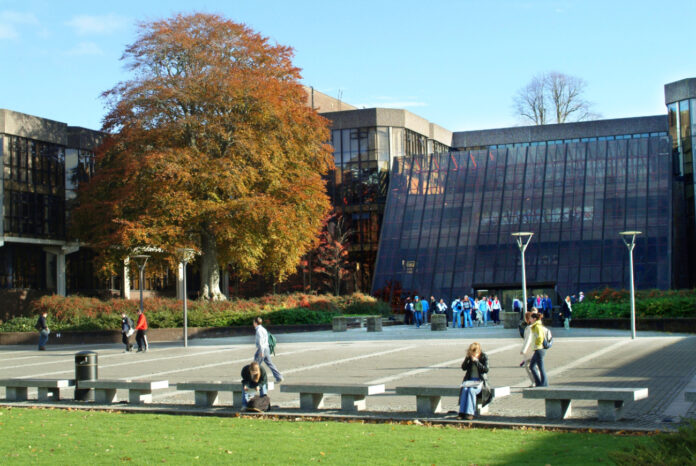
IN a bid to advance tech-driven diagnostics and research in the fight against cancer, University of Limerick and Dell Technologies have announced a new partnership that could make a difference to countless lives.
The collaboration saw Dell create a new AI platform for the University of Limerick’s Digital Cancer Research Centre, which aims to power predictive and diagnostic research in oncology.
The AI platform, according to a statement released on behalf of both parties, will help clinicians provide more effective cancer care for those with B-cell lymphoma from improving diagnosis times to providing enhanced treatment and improving long-term outcomes for patients.
It also allows researchers to create a ‘digital twin’ (a virtual representation) of patients in order to gain more insight into treatment and power predictive and diagnostic research.
In the day-to-day work of researchers at UL’s Digital Cancer Research Centre, the AI platform is expected to rapidly accelerate biomarker testing for cancer, help researchers get a better understanding of how to treat patients with B-cell lymphoma, and allow oncologists to develop personalised therapies based on the characteristics of a patient’s tumour.
Researchers at the centre are currently investigating whether collagen within a tumour’s microenvironment can lead to cancerous cells spreading throughout the body and central nervous system.
The centre has already identified new ways to block collagen in the body, with researchers believing this to be a new way of treating tumours before they begin to spread.
Paul Murray, Professor of Molecular Pathology at UL and Director of the Digital Cancer Research Centre’s Digital Pathology Unit, said the new AI departure will allow researchers to “advance our knowledge of how cells go wrong during cancer development and find new ways to diagnose and treat cancer patients”.
“This is the beginning of a very exciting research project for the team here at the University of Limerick’s Digital Cancer Research Centre, and we’re looking forward to accelerating this project with the digital support and insights from the team at Dell Technologies.”
Catherine Doyle, Managing Director of Dell Technologies Ireland, added: “The new AI-driven platform developed by Dell Technologies will ultimately help researchers and healthcare professionals deliver precision treatments for patients with B-cell lymphoma by understanding how it develops.”
“Through the creation of these digital twins, the University of Limerick and Dell are taking clinical research to a new level.”










